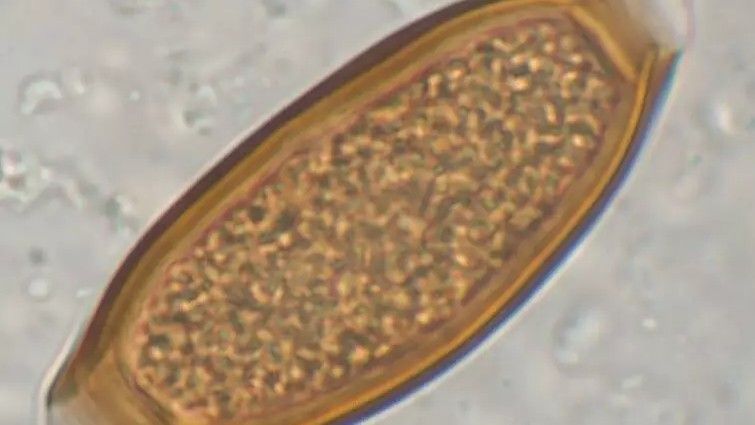
New Parasite Resisting Ivermectin Raises Concerns About Drug Resistance
In a groundbreaking discovery, researchers have identified a new parasite species that seems to be resistant to the widely used antiparasitic drug, ivermectin. This parasite, known as Trichuris incognita , is a type of intestinal roundworm closely related to the whipworm, Trichuris trichiura . The traditional treatment for whipworm infections, which affect millions globally, has relied heavily on ivermectin. However, Trichuris incognita has shown an ability to withstand the drug, potentially altering how we approach parasite treatment.
Found in Côte d'Ivoire, West Africa, this newly identified species was uncovered during a research study investigating the effectiveness of ivermectin combined with another antiparasitic, albendazole. While the treatment was expected to work, it appeared to have much lower success in this particular region, prompting further investigation. Genetic analysis revealed that the worms in this area were not the typical human whipworm but rather an entirely new species, Trichuris incognita . This discovery has raised alarm about the potential spread of drug-resistant parasites, which could become harder to treat with existing medications.
Also Read:- Texas vs. Ohio State: The Epic Battle in the 2025 Cotton Bowl
- Macy's to Close 66 Stores Nationwide as Part of Bold New Chapter
While Trichuris incognita infections are not usually fatal, heavy infestations can lead to severe complications, particularly in young children. These infections typically cause gastrointestinal issues like abdominal pain, diarrhea, and in extreme cases, rectal prolapse and stunted growth. The parasite is spread through the contamination of soil by infected human feces, leading to new infections when individuals consume contaminated food or water.
What makes this parasite so concerning is its resistance to ivermectin, a drug commonly used to treat various parasitic infections. Drug resistance in parasites is an emerging issue, and Trichuris incognita is a stark reminder of how parasites evolve to survive in changing environments. While there is still much to learn about the biological differences between Trichuris incognita and other similar species, the resistance is undeniable.
There are also questions surrounding why this species has developed resistance to ivermectin. One possibility is that the parasite has been exposed to the drug over time, leading to evolutionary changes that make it more resilient. On the other hand, the resistance could be a result of the parasite's emergence as a new species, which might be naturally more adaptable to such treatments.
Experts emphasize that more research is needed to fully understand the behavior and spread of Trichuris incognita . The broader implications of this discovery are clear, however: as parasites continue to evolve and resist treatment, we may face increasingly complex challenges in public health. The ongoing surveillance of parasitic diseases, particularly in regions with poor sanitation, is critical to managing the future threat of drug-resistant parasites.
So, Trichuris incognita serves as a reminder of the ever-evolving nature of infectious diseases and the importance of staying ahead of these changes with ongoing research and improved treatment strategies. The discovery is a pivotal moment for scientists, as they must now tackle this new challenge in the fight against parasitic infections.
Read More:

0 Comments